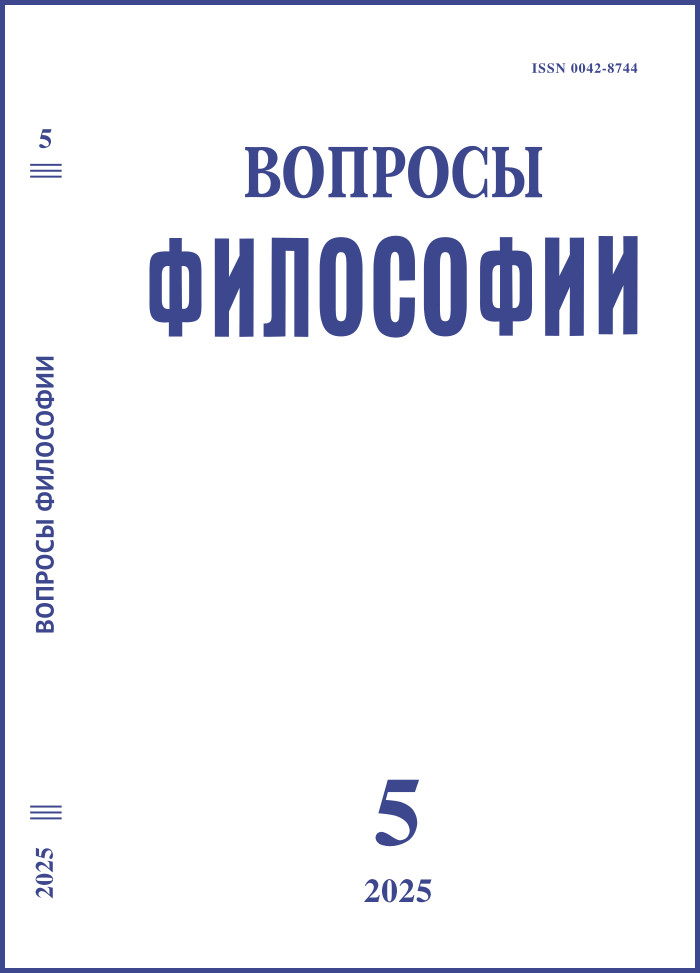The “Common Good” of the Classical Legal Tradition: the Fate of the Concept in Worldviews (the Renaissance and Early Modern Times) and Modern Attempts at Its Rehabilitation
DOI:
https://doi.org/10.21146/0042-8744-2025-5-58-69Keywords:
common good, public interest, human rights, natural law, legal positivism, classical legal tradition, common good constitutionalism, worldviews, sovereign, secular state, republican tradition, originalism, living constitutionalism, neotomism, postliberalismAbstract
In this article the author reveals the changing meaning of the concept of the common good in the Renaissance and modern worldviews. In the new conditions of the secularized political community – the Modern Age nation-state – the notion of the common good could no longer be publicly manifested and legitimized as connected with the Christian idea of salvation; personal participation in the definition of the common good, which was assumed by the republican tradition of antiquity, turned out to be difficult due to the scale of the modern state. It is shown how in the process of formation of the concept of secular modern state the common good is gradually identified with the state interest (raison d’état). In this connection, a paradox in the development of the idea of the common good is noted: being a part of the natural-law tradition, which defended the autonomy of law from the state, it is in the state that it ultimately finds its exponent and protector and is opposed to individual rights. The final part of the article discusses the modern attempt to revive the concept of the common
good, undertaken in the post-liberal neo-Thomist concept of “constitutionalism of the common good”, as well as the broad polemics around it. The author concludes that the failure of this attempt is due to the fact that the Thomist concept of the common good is removed from the theocentric picture of the world and placed in the context of the modern secular state, which, however, highlights with particular acuteness the problem of how the common good as a common cause is possible in the conditions of a non-homogeneous society.

